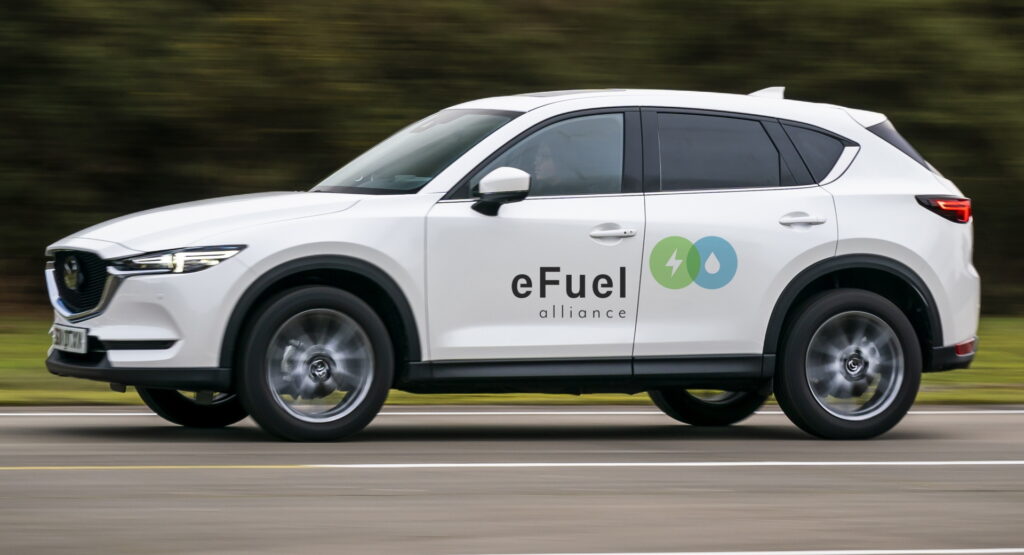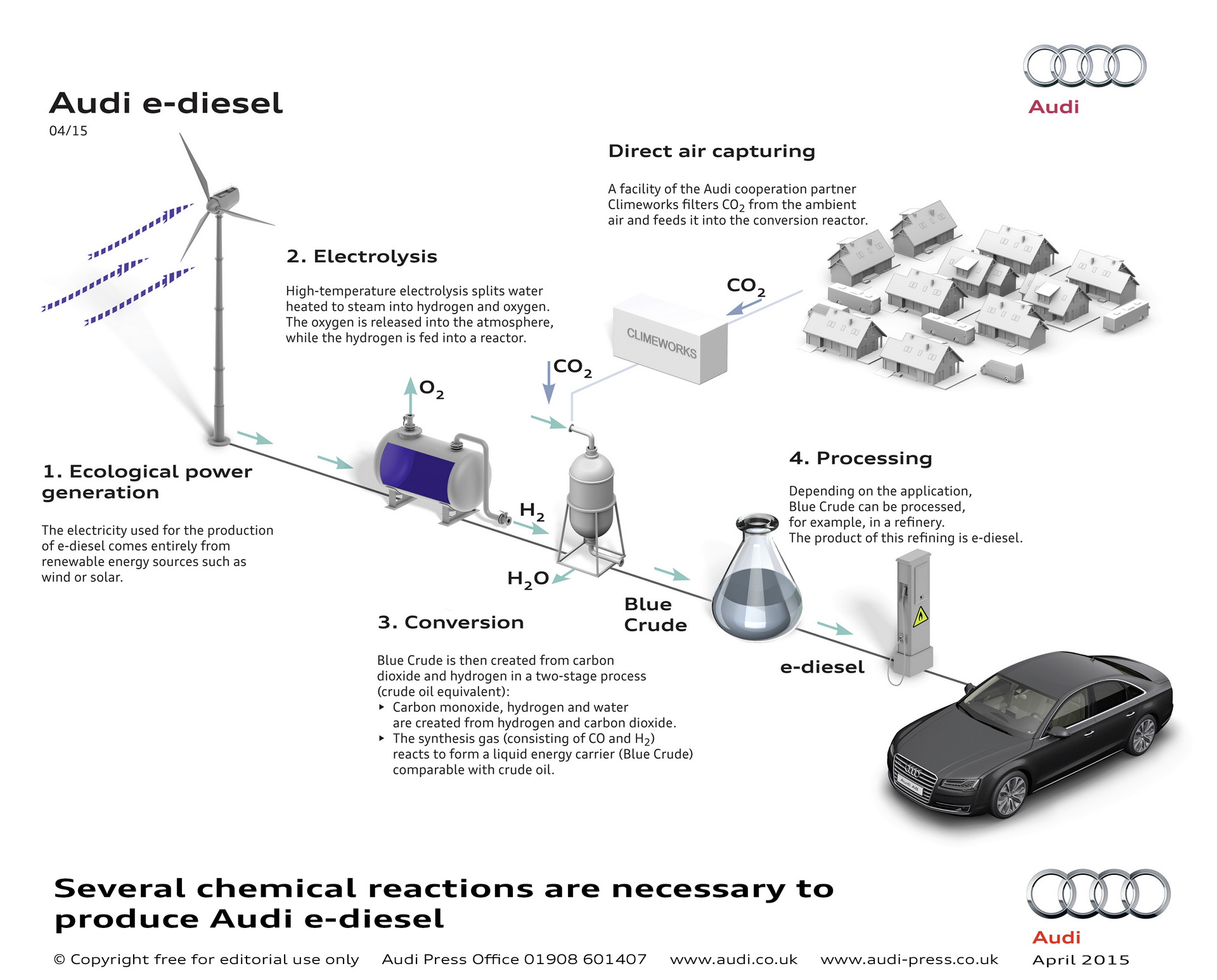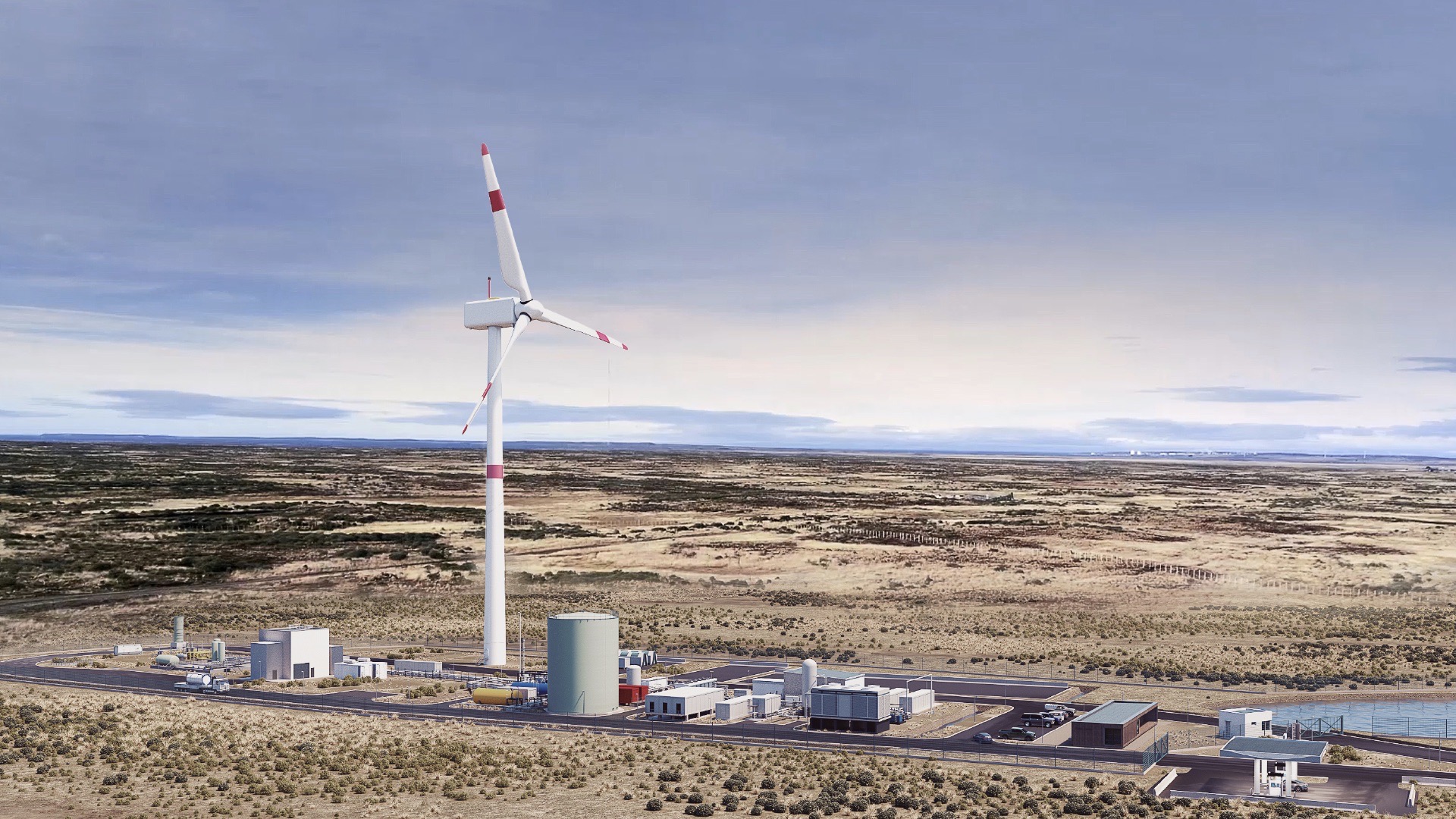As the European Union plans to ban the sale of non-zero-emissions vehicles by 2035, the automotive industry has presented synthetic fuels as an alternative to electric vehicles that could prolong the life of internal combustion vehicles. New research, though, suggests that the technology is unlikely to be able to power very many of Europe’s vehicles.
A new analysis published by Transport & Environment finds that e-fuel manufacturers in Europe will only be able to supply power to two percent of Europe’s vehicles by 2035. That’s just 5 million out of the 287 million projected to be on the road at that time.
“E-fuels are presented as a carbon-neutral way to prolong the life of combustion engine technology,” said Yoann Gimbert, an e-mobility analyst at Transport & Environment. “But the industry’s own data shows there will only be enough for a tiny fraction of cars on the road. Lawmakers should close the door to this Trojan Horse for the fossil fuel industry.”
Read Also: EU Lawmakers Don’t Want To Exclude e-Fuels From Proposed ICE Car Ban By 2035
That analysis is also based on all European e-fuel suppliers, not just those that make the fuel using zero emissions electricity. The number of vehicles that could run on e-fuels that were actually made without emissions would be much lower.
The group claims, meanwhile, that it would be unrealistic for Europe to expect to be able to import climate neutral e-fuels on a scale large enough to supply its fleet of automobiles. It would also likely delay efforts to decarbonize in developing countries.
“In Europe, e-fuels for cars would suck up renewable electricity needed for the rest of the economy,” said Gimbert. “It is also naive to assume that developing countries, some of whom lack power for their basic needs, would spare their renewables for e-fuels in Europe’s cars just to suit the vested interests of engine makers.”
Worse still, vehicles powered by e-fuels pollute more than electric vehicles. By 2030, T&E predicts that an EV will emit 53 percent less CO2 over its lifetime than a vehicle running on e-fuels. Synthetic gas also emits as much NOx (the emission that got VW in trouble during the Dieselgate scandal) as fossil fuels.
Despite the ambitions of automakers like Porsche and sports like Formula 1, T&E finds that it would not be as efficient to use synthetic fuels for passenger vehicles as electric power. That’s not to say that there’s no place for them in the market, though.
“Synthetic fuels that are made in Europe should be prioritized for planes and ships, most of which cannot use batteries to decarbonize,” said Gimbert.






